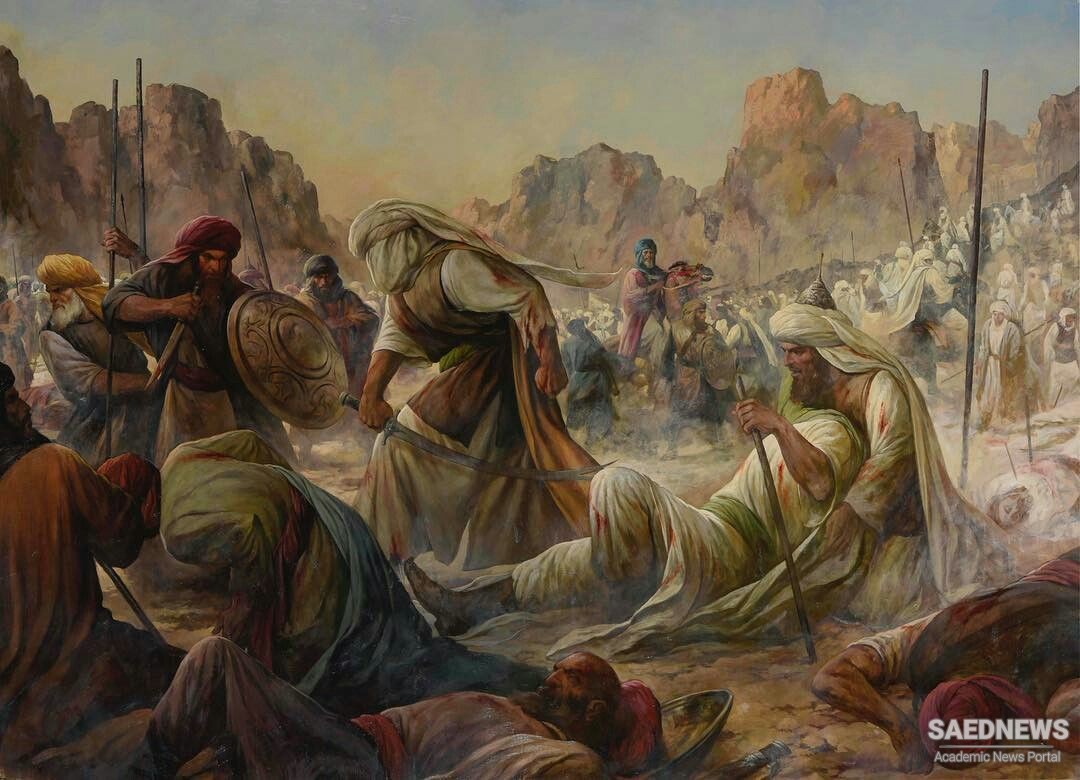The Imam frequently echoes, implicitly if not explicitly, the Qurʾānic principle that the ‘Hereafter is better and more lasting’ (87: 17). The Hereafter is not only the ‘time’ when divine warnings and promises are consummated; it is also the ‘space’ within which all positive qualities—human, angelic, divine—are manifested in their plenary nature, those qualities that are glimpsed on earth as reflections of the higher realities, and which encompass and subtly penetrate the entire sphere of terrestrial existence. The Qurʾān, perhaps more so than any other scripture, affords to the imagination numerous and complex descriptions of paradisal bliss. One of the key functions of this is alluded to in the Qurʾān itself: ‘Assuredly, We purify them with a pure quality—remembrance of the Abode (of the Hereafter)’ (38: 46). The mere thought of Paradise is itself a purification of the mind and heart, a means of averting from the soul the ever-present temptation to seek its ultimate happiness and well-being in this world alone. On the contrary, one’s well-being in the herebelow, in regard to action lies in the performance of good deeds, and such well-being is proportioned to the depth of one’s belief that ‘Whatever good ye send before for your souls, ye will find it with God, better and more tremendous as reward’ (73: 20). In other words, a sincere orientation towards the Hereafter is transformed into a perception of heavenly beatitude already in the herebelow, in the form precisely of those acts and attitudes which, being good, are of one and the same nature as that felicity to which they lead. In this light, morally good actions and noble intentions are grasped by one who sees beyond the veil of this world as vivid prefigurations of heavenly realities and not just as ethical prerequisites for salvation. Goodness, in other words, does not just lead to a heavenly reward; it already is something of this reward: ‘Is the reward of goodness aught but goodness?’ (55: 60). The Imam’s saying, ‘The fruit of good action is like its root’, can be seen as echoing this idea that the end is already present in the means leading to it (Source: Justice and Rememberance).


 The Man Who Was Born in Kaaba
The Man Who Was Born in Kaaba














































